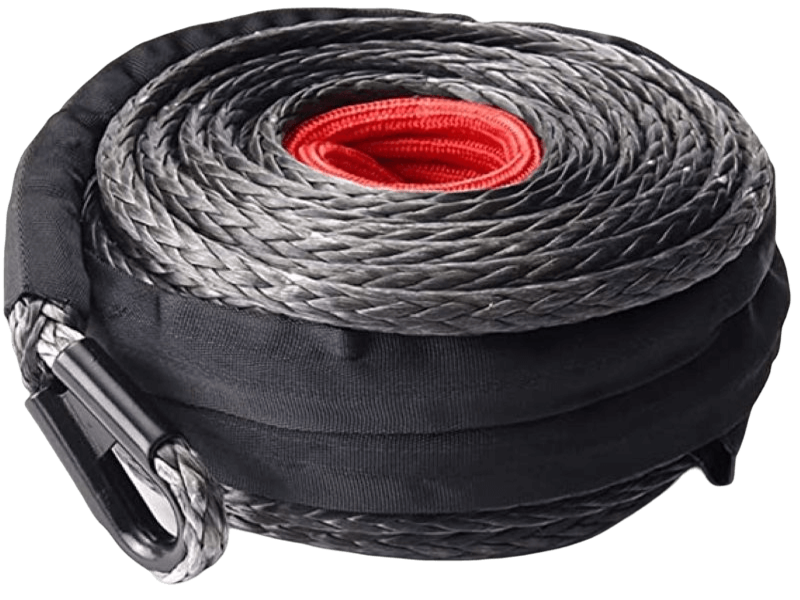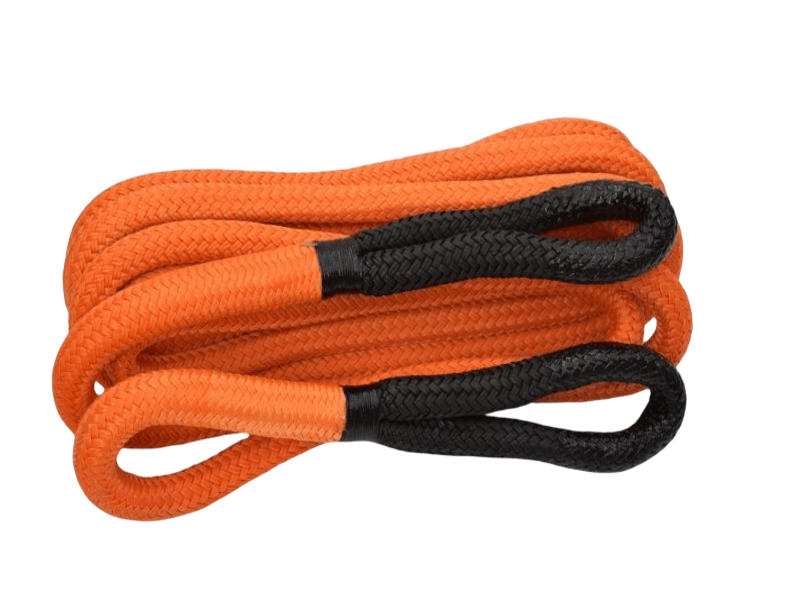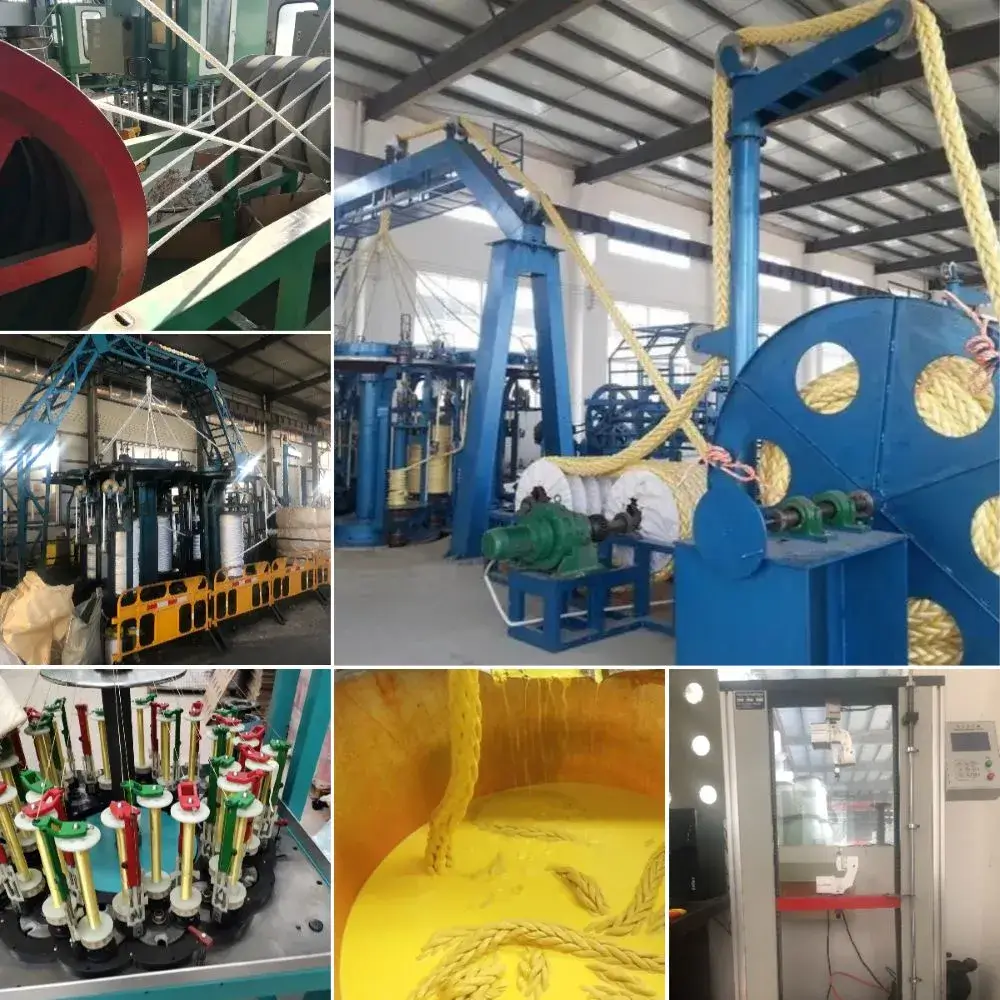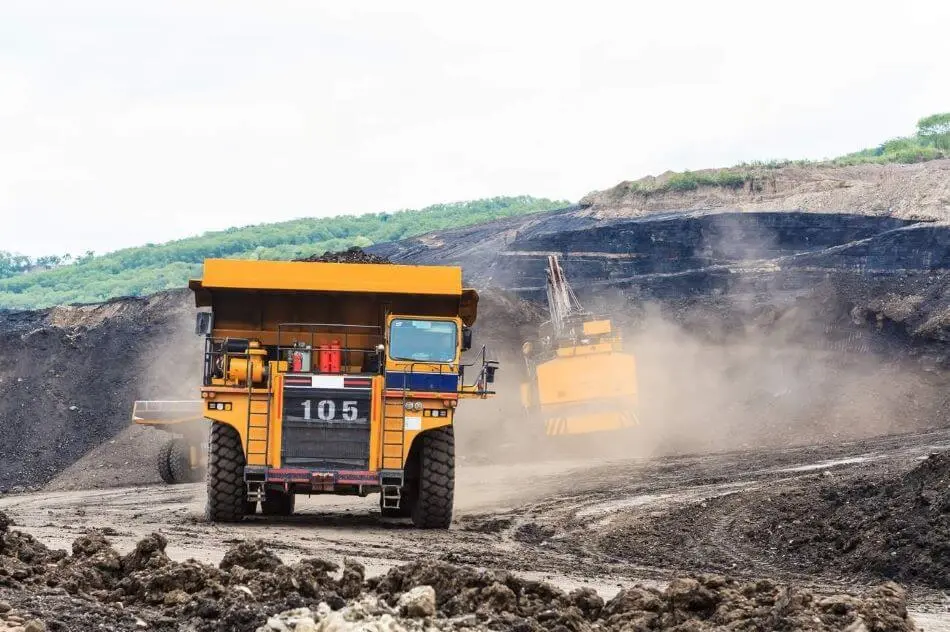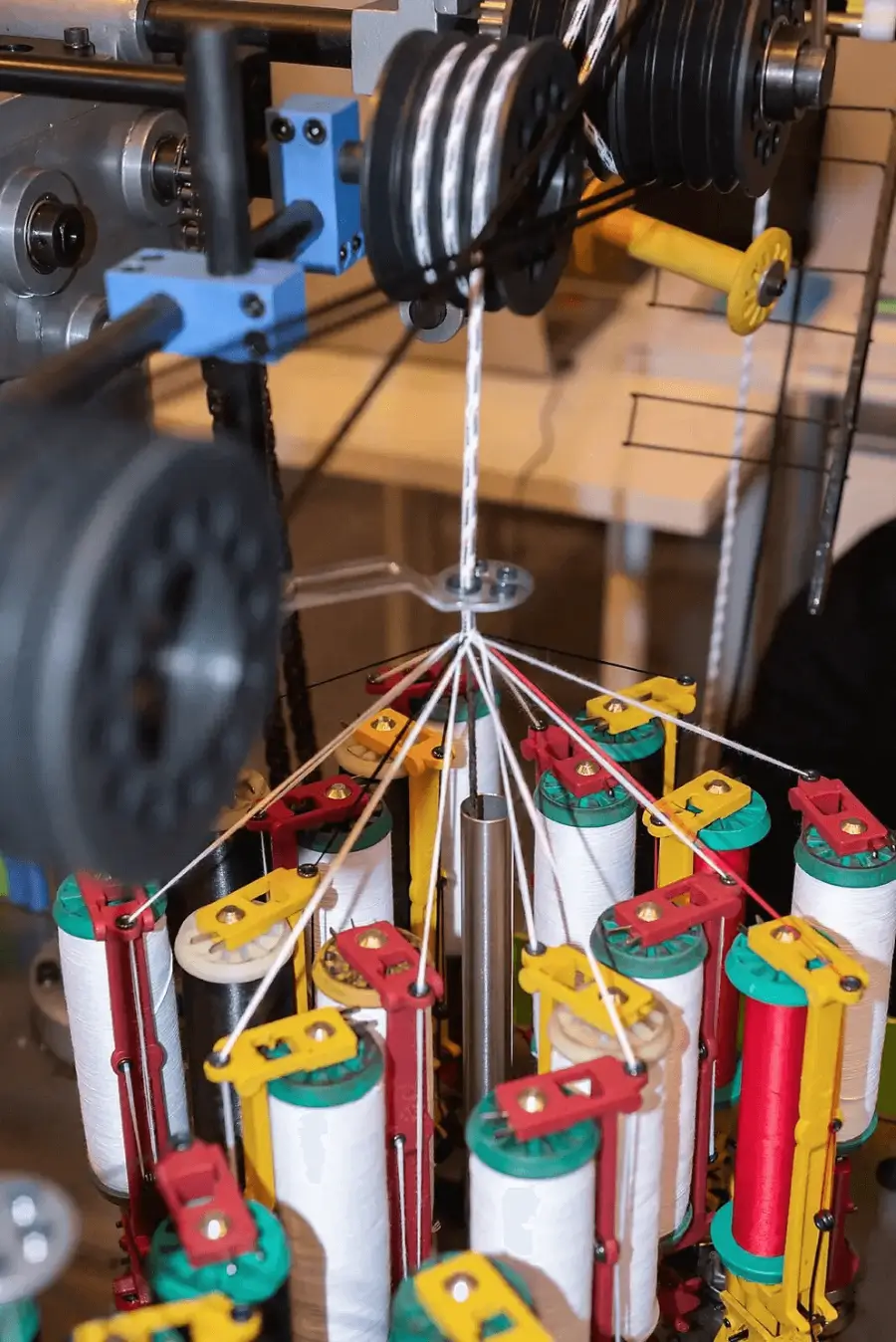التعدين
الصفحة الرئيسية » الصناعات » التعدين
التعدين
نحن نقدم مجموعة واسعة من المنتجات عالية الجودة المصممة خصيصًا لعمليات التعدين أو معدات أعمال القطر. منتجاتنا المطلوبة تشمل حبال الرافعات الاصطناعية، وحبال القطر الحركية، وحبال النقل المصنوعة من البولي إيثيلين عالي الكثافة.
علاوة على ذلك، نقوم أيضًا بتصنيع وتوفير منتجات حيوية أخرى لتلبية احتياجاتك في مجال التعدين، مثل أحزمة امتصاص الصدمات، وحبال السحب، وحبال الأمان تحت الأرض، وملحقات حبال التعدين الإضافية.
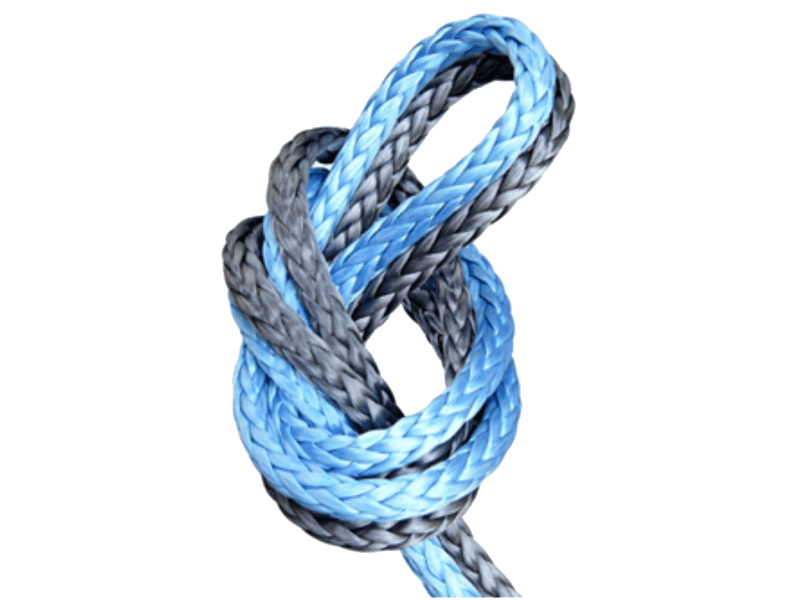
خط سحب الحزام الناقل
تم تصميمه ليكون متينًا وآمنًا، مما يضمن الأداء الأمثل وراحة البال في التعدين.
كيفية صنع
اكتشف عملية إنتاج حبال التعدين عالية الأداء لدينا.
العملية 1
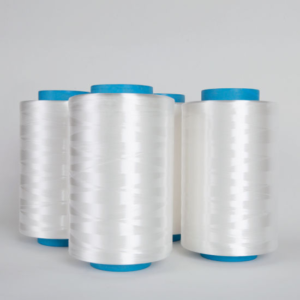
اختيار الألياف
نقوم بعناية باختيار الألياف الصناعية عالية الجودة، مثل النايلون، أو البوليستر، أو UHMWPE، لاستخدامها في حبالنا، مما يضمن القوة والمتانة.
العملية 2
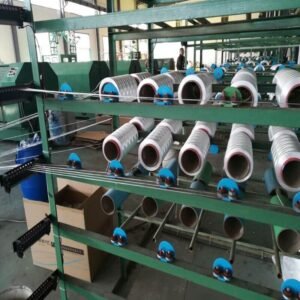
الالتواء والتشكيل
تُلَفُّ الألياف المختارة معًا لتكوين خيوط، تُلَفُّ بدورها لتكوين خيوط. تُشكَّل الخيوط الملتوية بعد ذلك على شكل حبل.
العملية 3
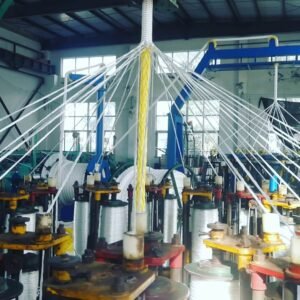
وضع وتضفير
يتم وضع الحبل المشكل في آلة التضفير، والتي تقوم بضفر الحبل معًا باستخدام تقنيات وأنماط متخصصة لزيادة القوة والمتانة بشكل أكبر.
العملية 4
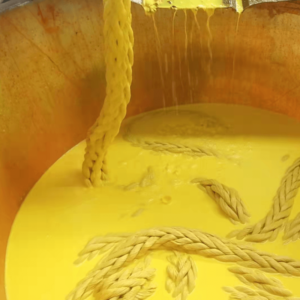
طلاء
يتم تطبيق طبقة حماية مخصصة مصنوعة من مواد عالية الجودة، مثل PVC أو البولي يوريثين، لتعزيز متانة الحبل ومقاومته للتآكل والماء والأشعة فوق البنفسجية.
العملية 5
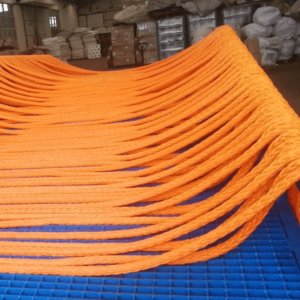
المعالجة الحرارية والتجفيف
يخضع الحبل المضفر لعملية معالجة حرارية متخصصة لتثبيت الضفائر وزيادة قوتها. ثم يُجفف الحبل لإزالة أي رطوبة.
العملية 6
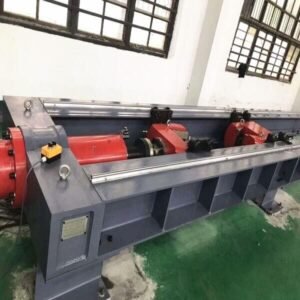
الاختبار
يخضع كل حبل استرداد من Duracordix لاختبارات دقيقة لضمان استيفائه لمعاييرنا العالية للقوة والمرونة. أي حبل لا يجتاز عملية الاختبار الخاصة بنا يتم التخلص منه.
- التركيز على الجودة
. ضبط الجودة
اكتشف كيف نضمن التميز الذي لا مثيل له في كل حبل من حبال الألياف
1. المواد الخام
حبال التعدين الاصطناعية لدينا مصنوعة فقط من مواد خام مطابقة لمعايير الجودة الصارمة لدينا. نتعاون مع موردين موثوقين لضمان جودة ثابتة وأداء مثالي لجميع منتجاتنا.
2. داخليًا
بفضل إنتاجنا الداخلي للحبال الاصطناعية، نتمتع بتحكم كامل في الجودة طوال عملية التصنيع. هذا يسمح لنا بالالتزام بمعاييرنا العالية وتقديم منتجات موثوقة لعملائنا.
3. الاختبار والتفتيش
تشمل عمليات الاختبار والتفتيش الدقيقة لدينا كل مرحلة من مراحل الإنتاج، من المواد الخام إلى المنتجات النهائية. وهذا يضمن جودة وسلامة حبالنا الاصطناعية.
4. التصنيع الآلي
ندمج الآلات والتكنولوجيا الآلية لضمان الدقة والاتساق في إنتاج الحبال الاصطناعية. هذا يقلل من الأخطاء البشرية ويضمن استيفاء جميع المنتجات لمعايير الجودة الصارمة لدينا.
5. الموظفين المهرة
يخضع فريقنا من العمالة الماهرة لتدريب وتعليم مستمر لمواكبة أحدث التقنيات في إنتاج الحبال الصناعية، مما يساعدنا على الحفاظ على أعلى مستويات الجودة والأداء.
- المعيار الدولي
ملكنا الشهادات

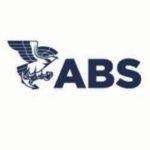


سهل وواضح
تعظيم رضا العملاء من خلال سهولة الشراء، وتقليل تكاليف الاتصالات والوقت.
الخطوة 1: تأكيد الحل (3-5 أيام)
أولاً، سنناقش احتياجاتك ونقترح عليك أفضل حل للحبال. خبرتنا الواسعة تضمن لك الحصول على أفضل منتج ممكن.

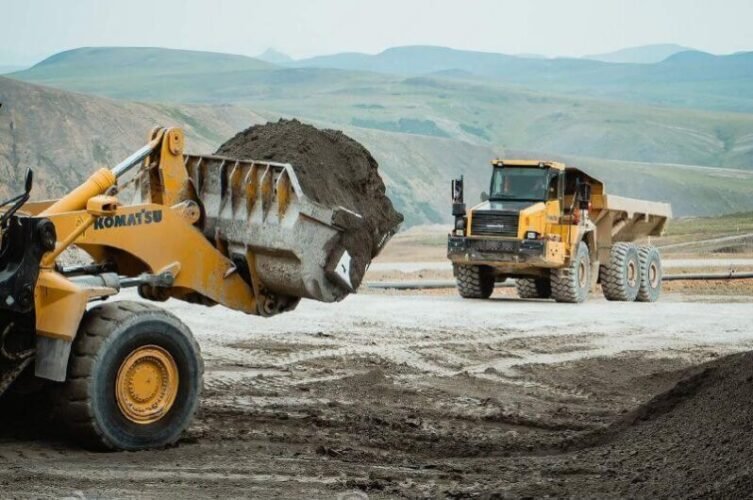
الخطوة 2: تقييم العينة (7-14 يومًا)
لضمان رضاكم عن منتجاتنا، نقدم لكم تقييمات عينات. اختبروا منتجاتنا قبل الطلب للتأكد من أنها تلبي متطلباتكم.
الخطوة 3: تأكيد الطلب (خلال 3 أيام)
بعد رضاك عن تقييم العينة، أكّد طلبك معنا. سنزودك بجميع التفاصيل اللازمة، بما في ذلك السعر ومدة التسليم وغيرها، لتكون على ثقة تامة بشرائك.

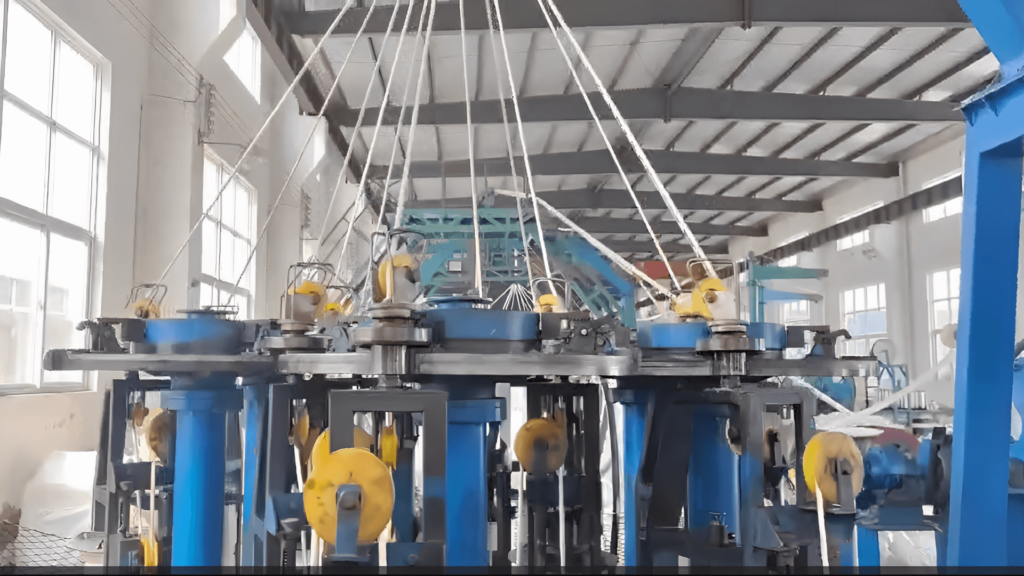
الخطوة 4: التصنيع بالجملة (30-45 يومًا)
نوفر خيارات تصنيع بكميات كبيرة للطلبات الكبيرة. تقنياتنا الإنتاجية المتطورة وموادنا عالية الجودة تضمن الاتساق والموثوقية في جميع الطلبات.
الخطوة 5: التسليم (30-45 يومًا)
ندرك أهمية التسليم في الوقت المحدد، لذا سنُبقيك على اطلاع دائم بتقدم الشحنة ونزودك بمعلومات التتبع. سيصل طلبك في الموعد المحدد.


الخطوة 6: خدمة ما بعد البيع
خدمتنا مستمرة بعد توصيل طلبك. إذا كانت لديك أي أسئلة أو استفسارات، ففريقنا جاهز دائمًا لمساعدتك. نحن ملتزمون بتقديم خدمة عملاء ممتازة وضمان رضاكم.
- شراء بدون ألم
لماذا تختار؟
حبل التعدين الاصطناعي الخاص بنا
- المتانة: تقاوم حبال التعدين الاصطناعية من Duracrodix التآكل، مما يضمن عمرًا أطول حتى في ظروف التعدين القاسية.
- قوة عالية: على الرغم من كونها خفيفة الوزن، توفر هذه الحبال قوة شد استثنائية، وهو أمر ضروري لمهام التعدين الصعبة.
- تعزيز السلامة: تعمل الحبال الاصطناعية على تقليل خطر الإصابة، حيث لا تتسبب في "ارتدادات" عند كسرها، مما يضمن سلامة العامل.
- مقاومة التآكل: لا تتأثر بالمعادن والرطوبة تحت الأرض، فهي تتحمل البيئات المسببة للتآكل، مما يقلل من تكرار الاستبدال.
- صيانة منخفضة: تم تصميم حبالنا لمقاومة الأوساخ والحصى، مما يقلل من وقت التوقف وتكاليف الصيانة في عمليات التعدين.
- قابلة للتخصيص: يمكن تصميم حبال التعدين الاصطناعية الخاصة بنا وفقًا لأطوال وأقطار وألوان محددة، لتلبية الاحتياجات التشغيلية الفريدة.
الأسئلة الشائعة
الأسئلة الشائعة التي تتناول مخاوف العملاء ونقاط الألم
ما هي الأنواع الرئيسية للحبال الاصطناعية المستخدمة في تطبيقات التعدين؟
تشمل الأنواع الرئيسية حبال سحب التعدين، وحبال الرافعات الاصطناعية، وحبال السحب الحركية، وحبال النقل المصنوعة من البولي إيثيلين عالي الكثافة (UHMWPE)، وحبال السلامة تحت الأرض. صُممت كلٌّ منها خصيصًا لمهام وبيئات تعدين محددة، مما يضمن الأداء الأمثل.
كيف تختلف أنواع حبال التعدين المختلفة في وظيفتها؟
لكل نوع غرضه الخاص. على سبيل المثال، تُستخدم حبال السحب لسحب الآلات، بينما تُسهّل حبال الونش الرفع، بينما تضمن حبال الأمان عمليات آمنة تحت الأرض. تُستخدم حبال UHMWPE غالبًا في أنظمة النقل نظرًا لمتانتها.
ما هو الحبل الاصطناعي الذي يعتبر الأفضل لعمليات التعدين الشاقة؟
يتم تفضيل الحبال الاصطناعية عالية الأداء مثل حبال النقل UHMWPE وحبال الرافعة الاصطناعية بسبب قوتها الفائقة ومتانتها ومقاومتها لظروف التعدين الكاشطة.
ما هي مزايا الحبال الاصطناعية في التعدين؟
تتميز الحبال الاصطناعية المستخدمة في التعدين بمزايا مثل نسبة عالية من القوة إلى الوزن، ومقاومة التآكل والتآكل، وتعزيز السلامة بسبب خصائص التمدد المتوقعة، وتقليل متطلبات الصيانة.
كيف تتم مقارنة الحبال الفولاذية بالحبال الاصطناعية للتعدين؟
لطالما كانت الحبال الفولاذية خيارات تقليدية لقوتها. إلا أن الحبال الاصطناعية توفر قوة ومرونة وعمرًا أطول مماثلين دون مشاكل التآكل التي يواجهها الفولاذ، خاصةً في ظروف التعدين الرطبة.
هل الحبال الاصطناعية متينة في بيئات التعدين القاسية؟
بالتأكيد. فهي مصممة لمقاومة عوامل مثل التآكل والتوتر والرطوبة، مما يضمن قدرتها على مواجهة تحديات بيئات التعدين وتوفير أداء موثوق.
هل يوجد حبل صناعي مصمم للتعدين تحت الأرض؟
نعم، حبال UHMWPE الأساسية مصممة خصيصًا لتحديات التعدين تحت الأرض. تجمع هذه الحبال بين السلامة والقوة والمتانة لتلبية المتطلبات الفريدة للبيئات الجوفية.
ما هي المناجم التي تستخدم الحبال الاصطناعية بشكل رئيسي؟
تتحول المناجم الحديثة، وخاصة تلك التي تعطي الأولوية لسلامة العمال والكفاءة التشغيلية، تدريجياً نحو استخدام الحبال الاصطناعية في مختلف القدرات.
ما هي الفوائد الأمنية للحبال التعدينية الاصطناعية؟
تتميز هذه الأعمدة بانخفاض مخاطر إصابات الرقبة عند الانكسار، وخصائص استطالة ثابتة وقابلة للتنبؤ، وقبضة فائقة. تُسهم جميع هذه الميزات مجتمعةً في تعزيز السلامة في عمليات التعدين.
لماذا يتم تفضيل الحبال الاصطناعية في التعدين؟
تجمع الحبال الاصطناعية بين القوة والمتانة وفوائد السلامة والفعالية من حيث التكلفة على المدى الطويل، مما يجعلها الخيار الأمثل لعمليات التعدين التقدمية.
هل يمكن استخدام الحبال الاصطناعية في مناجم المناجم العميقة؟
بالفعل. إن مرونتها في مواجهة الضغوطات البيئية وقوتها الكامنة تجعلها مناسبة للعمليات في الأعمدة العميقة، مما يضمن السلامة والكفاءة.
ما هي الصيانة المطلوبة للحبال التعدينية الاصطناعية؟
افحصها بانتظام بحثًا عن أي علامات تآكل أو تلف، وتأكد من تنظيفها من الحصى والمواد الكيميائية، وخزّنها بشكل صحيح. هذه العناية الدورية تُطيل عمرها الافتراضي وتضمن أداءً مثاليًا.
هل الحبال الاصطناعية صديقة للبيئة لتطبيقات التعدين؟
عمومًا، نعم. فهي تُنتج نفايات أقل أثناء التصنيع، والعديد منها قابل لإعادة التدوير، مما يجعلها بديلاً صديقًا للبيئة لبعض الحبال التقليدية.
كيف تستفيد أحزمة امتصاص الصدمات وحبال السحب من المواد الاصطناعية؟
الألياف الصناعية في هذه الأدوات تُعزز السلامة. فهي تُبدد الطاقة بفعالية، مما يضمن التعامل مع الأحمال المفاجئة دون كسر أو إجهاد مفرط.
هل الحبال الاصطناعية مقاومة للمواد الكيميائية والعوامل المستخدمة في التعدين؟
صُممت العديد منها خصيصًا لمقاومة مجموعة متنوعة من المواد الكيميائية. تضمن هذه المقاومة طول عمر الحبال حتى عند تعرضها للعوامل المسببة للتآكل، والتي تُستخدم بكثرة في المناجم.
كيف تؤثر الحبال الاصطناعية على وزن وكفاءة عمليات التعدين؟
بفضل خفة وزنها، يسهل التعامل معها ويقلل تكاليف النقل. وهذا يُترجم إلى عمليات أسرع، وتحسين السلامة، وتوفير محتمل في التكاليف.
هل هناك حبال صناعية متخصصة لمعادن أو ظروف تعدين معينة؟
نعم، تُصمَّم الحبال الاصطناعية المتخصصة بناءً على نوع المعدن المُستخرج أو ظروف التعدين المُحددة، مثل درجات الحرارة العالية أو البيئات الحمضية. يضمن هذا التخصيص قوةً ومتانةً وسلامةً مُثلى، مما يُعزز كفاءة الحبل وعمره الافتراضي في بيئات التعدين المُتنوعة.
كيف تقارن تكلفة الحبل الصناعي مع الحبال التقليدية في التعدين؟
قد تبدو الحبال الاصطناعية أكثر تكلفةً للوهلة الأولى. لكن بالنظر إلى عمرها الافتراضي الطويل، وقلة صيانتها، وإمكانية تقليل فترات التوقف التشغيلي، فإنها قد تكون أكثر فعاليةً من حيث التكلفة على المدى الطويل.

